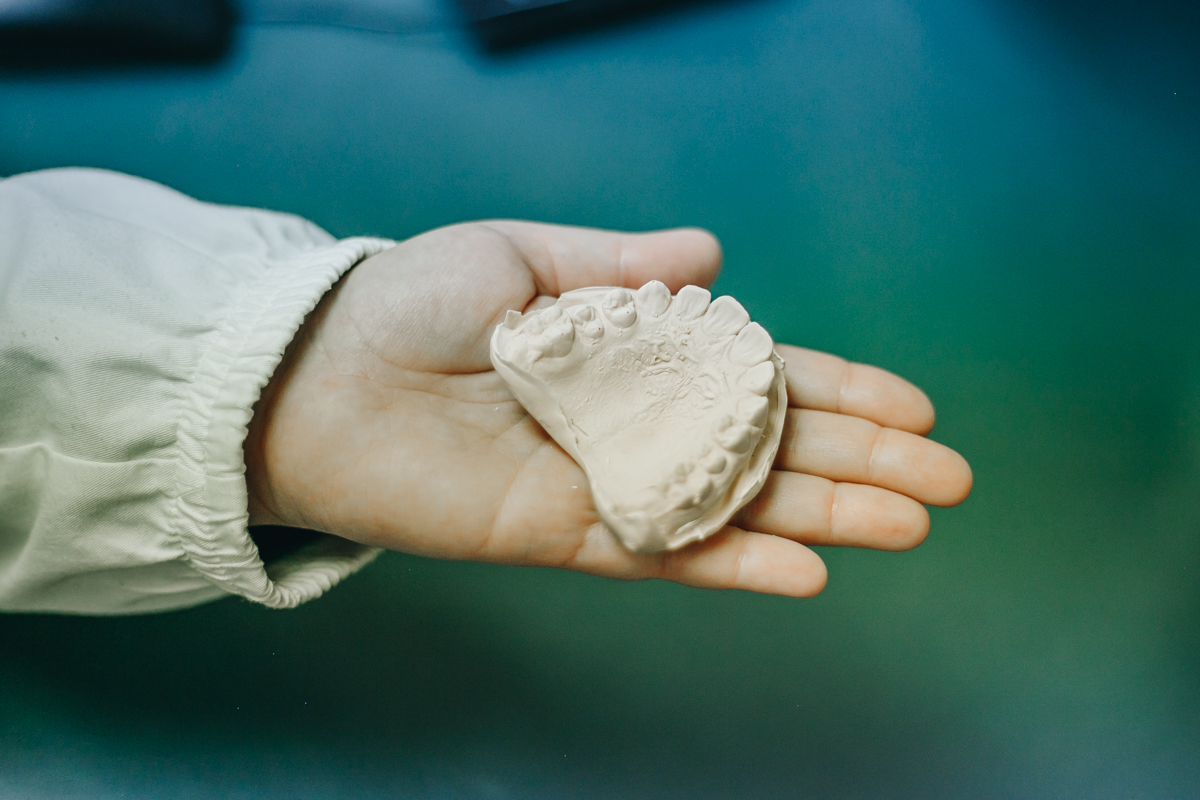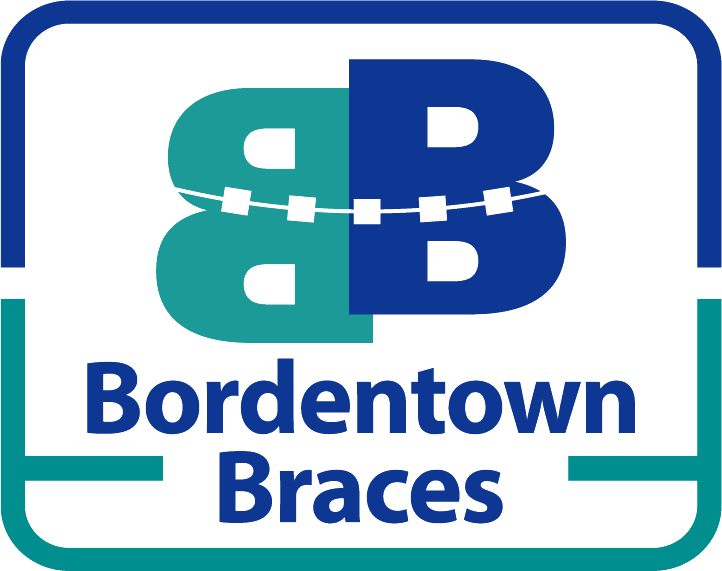
Prognathism Causes and How to Treat Prognathism
Unlike greater apes and other primates in general, humans have orthognathic faces. The human mouth is positioned behind the forehead, unlike apes and other primates who have prognathic faces—their mouths jut out in front of their foreheads and cranium.
Prognathism is a medical condition in humans in which the lower jaw protrudes from the face and is positioned in front of the cranium. Other names for prognathism include extended chin or Habsburg jaw, after the German Habsburg royal family. Prognathism has to do with the orientation of the parts of the mouth with the rest of the skull.
Types of Prognathism
There are three major types of prognathism: mandibular prognathism, maxillary prognathism, and bimaxillary prognathism.
Mandibular prognathism refers to the bottom of the jaw jutting out in front of the top. This is also sometimes called an “underbite.” Maxillary prognathism is when the top of the out juts out in front of the rest of the face, also called an “overbite.” Bimaxillary prognathism is when both the top and bottom of the jaw jut out away from the face.
Prognathism cases range from very mild to severe. In mild cases, prognathism does not cause discomfort and does not impede any functionality of the teeth, mouth, or jaws. Severe cases can cause discomfort and lead to facial and jaw problems later in life. Serious prognathism can also cause difficulty eating, breathing, and speaking.
What Causes Prognathism?
Prognathism is caused by misaligned teeth or misaligned jaws. Ultimately, prognathism can be attributed to genetic factors and it can be attributed to developmental factors. Some people just have large jawbones that jut out from the time they are born.
In other cases, prognathism can be attributed to several conditions such as:
- Acromegaly. Acromegaly refers to the enlargement of the body’s tissues. Acromegaly is caused by the body producing too much growth hormone. Acromegaly can cause the jaw to continue growing well after normal growth patterns cease. Acromegaly can also contribute to issues such as diabetes, high blood pressure, and heart disease.
- Basal Cell Nervous Syndrome. Basal Cell Nervous Syndrome is a hereditary condition that can cause facial abnormalities during development. Other common symptoms of BCNS include wide-set eyes, heavy brow, spinal misalignment, cleft palate, and oversized head.
- Acrodysostosis. Acrodysostosis is an extremely rare congenital condition that causes shortened limbs and other physical variations. Acrodysostosis is an extremely rare disorder and there have only been about 80 confirmed cases but prognathism is a common outcome.
- Physical injury. Prognathism can also result from physical injury that alters the orientation of the jaw or teeth. Damage to the mouth can change the way that teeth grow, leading to prognathism later in life. For example, thumb sucking habits are a common cause of prognathism in younger children under 10 years old.
- Genetic condition. Prognathism can also be caused by various genetic conditions that affect bodily development. For example, Crouzon syndrome and Down Syndrome can cause prognathism along with other genetic conditions that can affect musculoskeletal development.
Symptoms of Prognathism
Prognathism can manifest through several physical symptoms, including:
- Difficulty breathing, speaking, or eating
- Noticeable overbite or underbite
- Protrusion of upper or lower jaw (or both)
- Misaligned teeth or overlapping teeth
In most cases, prognathism will be apparent to a trained eye and is easy to diagnose. In some instances, cases of prognathism may not be serious enough to warrant invasive treatment.
How is Prognathism Treated?
There is no way to prevent prognathism if it is caused by genetic factors. In some cases, prognathism does not need to be treated and is just the way a person is.
Dentists and orthodontists will prevent the development of prognathism by aligning the teeth and making sure the mouth and jaw develop correctly. For example, an orthodontist might give you braces, a retainer, or Invisalign. If the parts of the jaw do not jut out far enough to cause discomfort or impede functionality, then there may be no need to treat prognathism.
Other kinds of treatments for prognathism include:
- Corrective surgery. In some cases, facial surgery may be necessary to correct prognathism. Surgery can change your jaw shape and appearance so that it does not protrude or cause discomfort. During the surgery, the doctor will remove a piece of the jawbone and reposition the bones. Most of the time you will need to have wires or screws in your jaw during recovery.
- Medical care. Sometimes prognathism is a symptom of an underlying condition and your medical professional will treat the underlying issue.
- Orthodontic care. Dentists and orthodontists may also treat prognathism through things like braces retainers, headgear, and more. They will work with facial surgeons and take diagnostic tests to determine the shape of the skull and how the jaw develops over time.
How Long Does Prognathism Surgery Take?
The amount of time surgery for prognathism takes depends on the severity of the case. In most instances, it will take about 9-12 months to heal fully though you will be able to return to work or school in a few weeks to a month. During this recovery time, you will have to obey a modified diet until your jaw heals enough to handle your regular diet. Usually, this takes about 6 weeks. Your oral surgeon may also provide pain medication while you heal.
Conclusions
In some cases, prognathism may not be serious enough to warrant treatment and in other cases treatment may be necessary. One way to help prevent prognathism is by making sure that teeth properly develop and align. Bordentown Braces offers high-quality orthodontic work to help you achieve a beautiful smile, no matter your age.
If you are looking for treatment for prognathism or have some other dental issues, schedule a free consultation with us to receive an exam and talk about potential options. At Bordentown Braces, we know that a smile is one of the most important things that people can have. We will work together to make sure you have a smile that you can be proud of.
